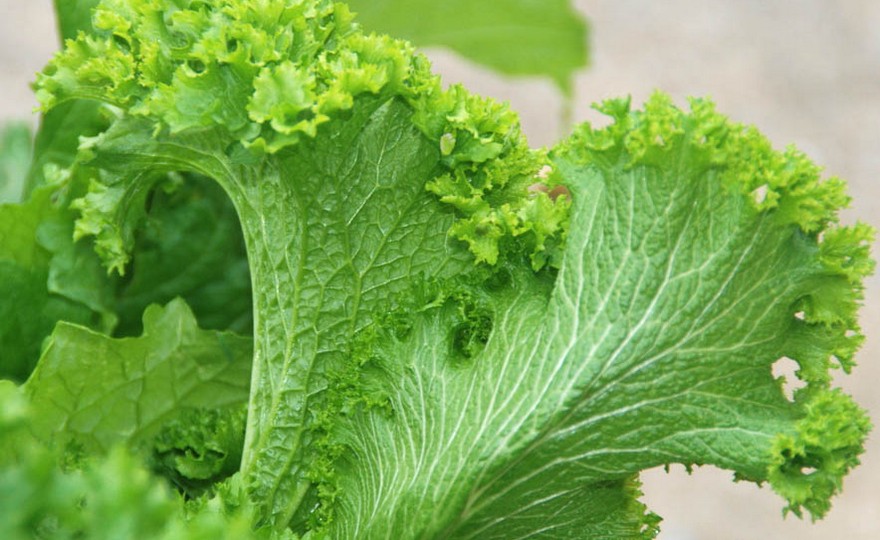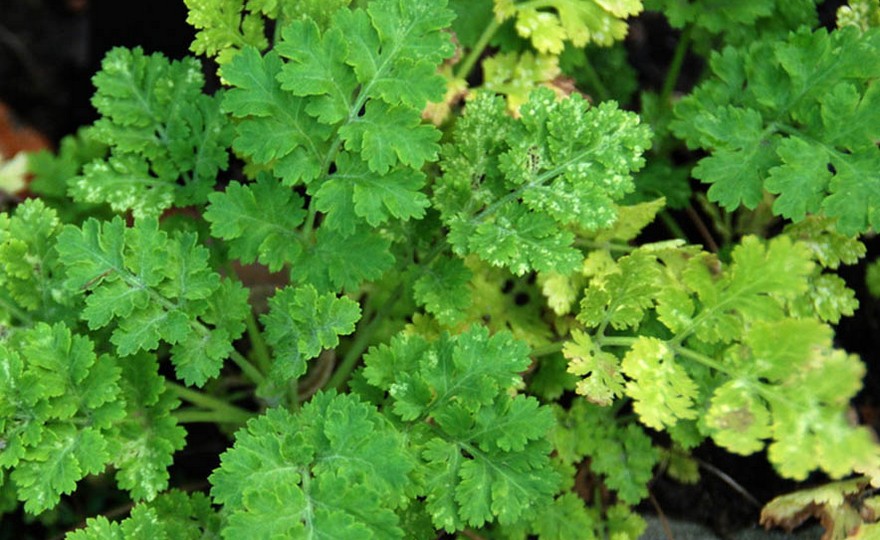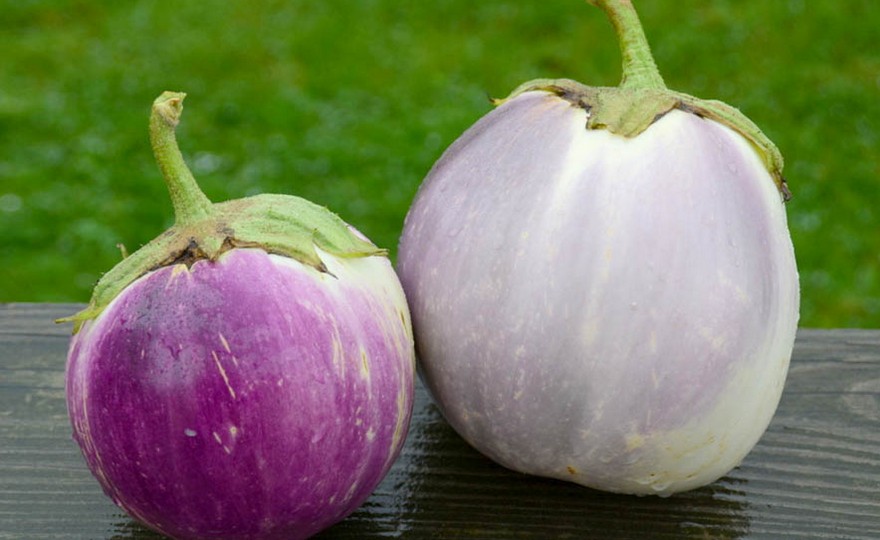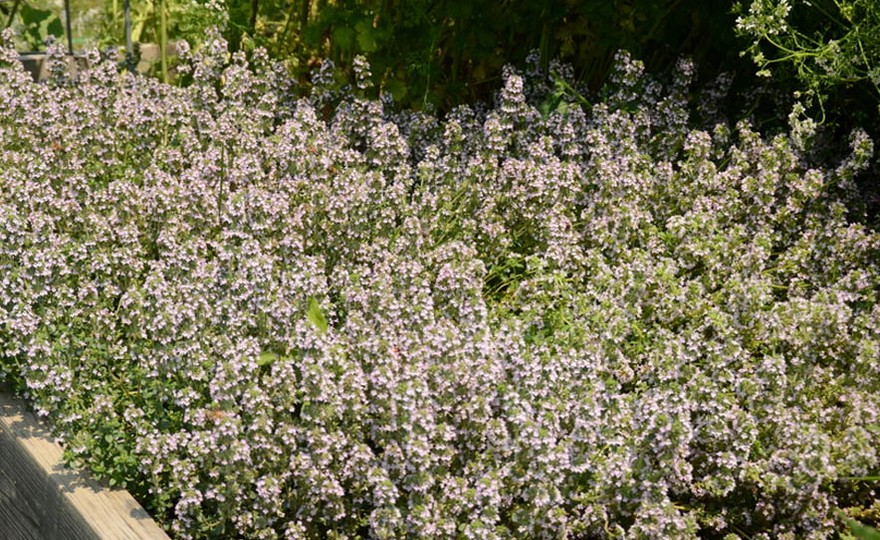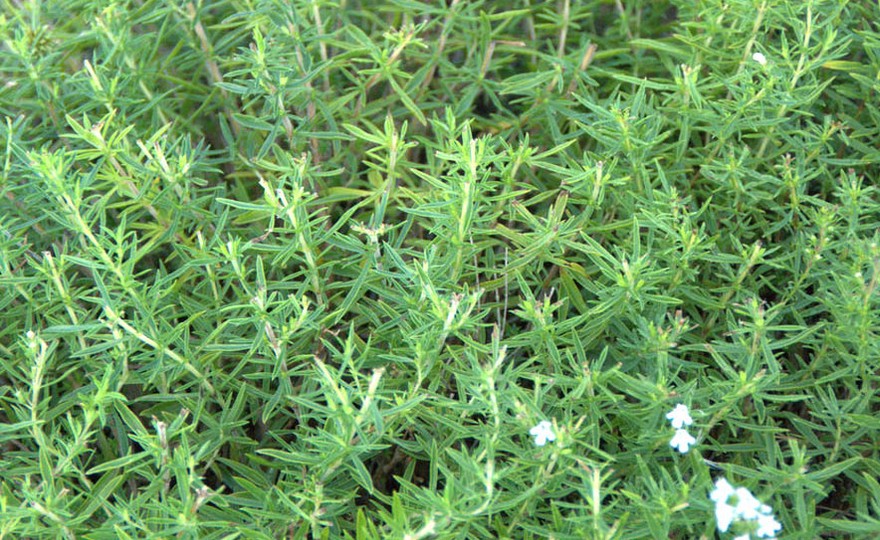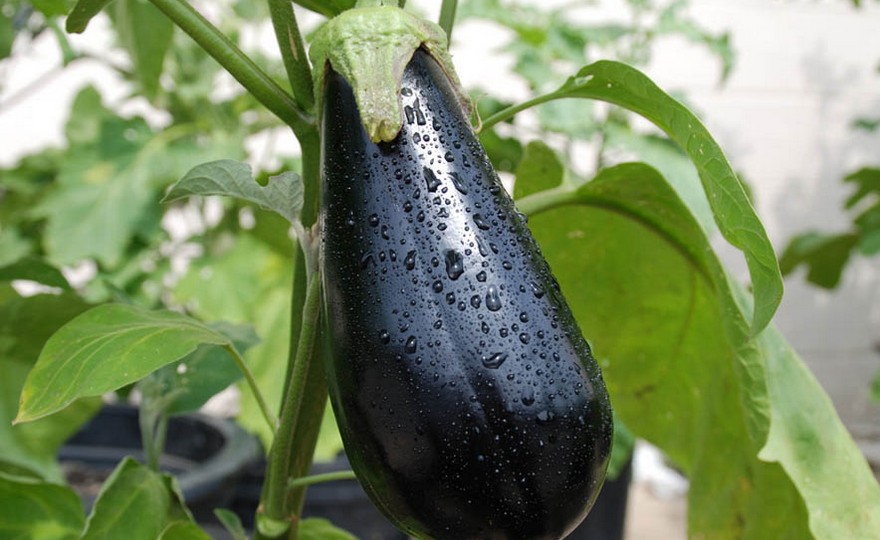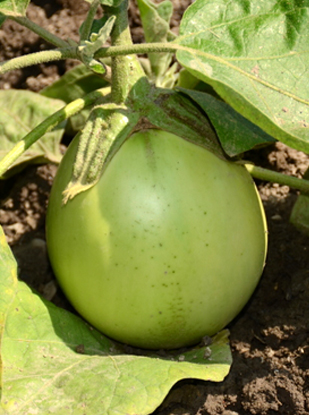
Eggplant, Apple Green
-
- **SOLD OUT** HOLIDAY GIFTS **SOLD OUT**
- **SOLD OUT** Holiday Books **SOLD OUT**
- **SOLD OUT** Holiday Citrus **SOLD OUT**
- **SOLD OUT** Holiday Gift Certificates **SOLD OUT**
- **SOLD OUT** Holiday Paperwhites **SOLD OUT**
- **SOLD OUT** Holiday Praying Mantis Kits **SOLD OUT**
- **SOLD OUT** Holiday Tools **SOLD OUT**
- **SOLD OUT** Holiday Wildflower Mixtures **SOLD OUT**
- Citrus Trees
- **SOLD OUT** - Vegetable and Herb Plants - Mix & Match any 6 Plants for $50 - Only Shipped in Quantities of 6
- Elephant Ear Plants & Roots
- **SOLD OUT** 4-Inch Pot Herb Plants **SOLD OUT**
- Rare Plants
- **SOLD OUT** Vining Plants **SOLD OUT**
- Asian Seeds
- Beneficial Bugs
- Books
- Citrus Fertilizers
- Cold-Treated Bulbs - SEE BULBS FOR FALL PLANTING TO ORDER
- Cold-Treated Allium
- Cold-Treated Chionodoxa
- Cold-Treated Crocus
- Cold-Treated Hyacinthoides
- Cold-Treated Hyacinthus Orientalis
- Cold-Treated Narcissus
- Cold-Treated Cyclamineus Narcissus
- Cold-Treated Double Heirloom Narcissus
- Cold-Treated Jonquilla Narcissus
- Cold-Treated Large Cupped Narcissus
- Cold-Treated Poeticus Narcissus
- Cold-Treated Small Cupped Narcissus
- Cold-Treated Species Miniature Narcissus
- Cold-Treated Split Cupped Narcissus
- Cold-Treated Tazetta Narcissus
- Cold-Treated Triandus Narcissus
- Cold-Treated Trumpet Daffodils
- Cold-Treated Ornithogalum
- Cold-Treated Rock Garden Iris
- Cold-Treated Scilla
- Cold-Treated Tulips
- Cold-Treated Emperor Tulips
- Cold-Treated Fringed Tulips
- Cold-Treated Green or Viridiflora Tulips
- Cold-Treated Lily Flowering Tulips
- Cold-Treated Parrot Tulips
- Cold-Treated Peony Flowering Tulips
- Cold-Treated Single Early Tulips
- Cold-Treated Single Late Tulips
- Cold-Treated Species Tulips
- Cold-Treated Triumph Tulips
- Flower Bulbs, Corms and Tubers
- Bulbs for Spring Planting
- Bulbs for Fall Planting - ALL BULBS AVAILABLE ARE COLD TREATED FOR PLANTING AS SOON AS SOIL CAN BE WORKED
- Fall Blooming Bulbs
- Garden Tools & Equipment
- Gift Certificates
- HHH Exclusive Wildflower Mixtures
- Wildflower Mixtures
- Heirloom Garlic
- Potatoes
- Roots & Sets
- Seeds
- Flowers
- Herbs
- Vegetables
- **SOLD OUT** HOLIDAY GIFTS **SOLD OUT**
-
- No products to compare
-
50 in stock
Quick Overview
EGGPLANT, Apple Green –
Solanum melangena esculentum
FULL SUN Apple Green is truly an American Heirloom, but it is not a native American plant. This eggplant was developed in 1964 (57 years ago) by famed plant breeder Elwyn Meader of the University of New Hampshire Agriculture Experimental Station. Meader was a highly respected and prodigious developer of plant varieties for short season climates. During his career, he introduced more than 60 different plants including the Fall Gold raspberry and the Royalty Purple Pod bush bean.
Apple Green, like Rosa Bianca, produces 1-3 huge, round, “Granny Smith” – green fruits per plant which weigh approximately 1-2+ pounds per fruit. Unlike the Asian eggplants, Apple Green fruits are slightly sweeter and more flavorful. The plants are known to set fruit when the nighttime temperatures are in the low 70s to high 60s. The fruits mature in approximately 70 days from the planting of the seedling.
Plants only produce 2-4 fruit per plant. Sow indoors 8 weeks before transplanting outside. Plant seed ½ in. deep. Transplant outside after danger of frost is over and the soil has warmed to a depth of 6 in. Add ¼ cup bone meal to the soil when planting. Space plants 24 in. apart in rows 36 in. apart. Outstanding container plant. 1 eggplant per 14 in. diameter container.
| Type | Spacing | Planting Depth | Days to Germination | Maturity |
| Eggplant | 24 in. | 1/2 in. | 14-21 | 70 |

Eggplant, Apple Green
Harvesting History has published on its YouTube Channel two videos on eggplants and related subjects:
Planting Eggplants in Containers
The Best Soil Mix for Containers
Eggplants originated in China and India and have been cultivated there for thousands of years. The Spanish Moors introduced the eggplant into southern and Eastern Europe where it became very popular. The early explorers of the New World introduced eggplant into the Americas in the 1500s, but the plant never caught on. For many years, Americans were suspicious of the plant because it belonged to the Nightshade family, of Deadly Nightshade fame. Eggplants, tomatoes and potatoes all belong to this family and many Americans thought the vegetables were poisonous.
In a mid-1800 American seed catalog, two varieties were listed Large Purple and Early Purple. At that time, egg plant or melongena as it was called was described in the following way,
“This vegetable is a native of Africa; hence the name Guinea Squash by which it is designated in the southern states. Of late years it has become of very general use, and large numbers of them are grown for the Philadelphia market; they are used in stews and soups and cut in thin slices and fried. In the latter mode they closely resemble oysters similarly cooked.”
For the better part of three centuries, Americans have known the large purple eggplant. In the 1960’s, some of the smaller Japanese varieties were introduced for home gardeners. Only recently has America embraced the extensive varieties of Indian, Italian, Japanese and Chinese eggplants.
The eggplant family is one of the largest and most diverse of the vegetable plant families. The size and shape of the plants and the size and shape of the fruits vary tremendously, but all eggplants were originally tropicals. They love and require heat. It can almost be said, “the hotter, the better”. We believe it is this requirement for heat that makes eggplants an ideal container vegetable. Every eggplant that we know of will grow in a container. Eggplants produce prolifically in containers. They love the heat coming off a brick, stone or concrete wall on a patio.
Because eggplants require a long growing season, usually 120 days or longer, eggplants should be started indoors in flats, 8-12 weeks before the last frost date. Transplant the seedlings to the garden or container about 3 weeks after the last frost date when the soil has warmed to the touch. Plant the seedlings 18-24 inches apart in rows spaced 36 inches apart. Eggplants thrive in rich, sandy loam soil, but they are not finicky about soil and will also do well in average soil. Eggplants do not like to be overwatered and only lightly fertilize about once a month. Once the nighttime temperatures are above 70 degrees, the plants will set fruit continuously as long as ripened fruit is routinely harvested.


